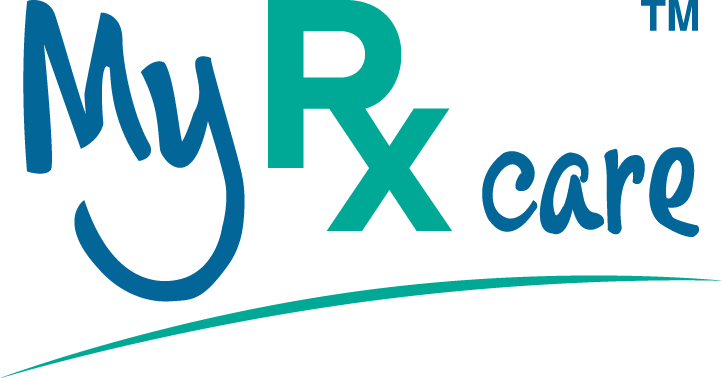How clinics manage care for patients taking biologics
Biologics are a powerful tool for treating serious and life-threatening medical conditions, but managing a chronic condition with biologics can be challenging. To help patients receive the best possible care, clinics have implemented various strategies and technologies to manage patient care for patients taking biologics.
Here are some of the ways that clinics manage patient care for patients taking biologics:
- Multidisciplinary care teams: Clinics typically have multidisciplinary care teams that consist of healthcare providers, such as doctors, nurses, pharmacists, and dietitians, who work together to provide comprehensive care to patients. These teams are able to provide patients with a variety of services, such as medical exams, laboratory tests, and medication management.
- Electronic health records (EHRs): Many clinics have implemented electronic health records (EHRs) to manage patient care more effectively. EHRs allow healthcare providers to access patients' medical information, including their medications, laboratory results, and other relevant information, from one centralized location. This helps providers make informed decisions about a patient's care and ensures that patients receive consistent and coordinated care.
- Remote monitoring: Clinics are increasingly using remote monitoring technologies to monitor patients who are taking biologics. These technologies allow healthcare providers to track patients' symptoms and vital signs remotely, providing them with real-time information on patients' health. This helps providers make informed decisions about a patient's care, especially when they are not able to come into the clinic in person.
- Medication management programs: Clinics often implement medication management programs to help patients stay on track with their biologic treatment. These programs may include medication reminders, coordination with pharmacists, and regular medication reviews to ensure that patients are taking their biologics as prescribed.
- Patient education and support: Clinics also provide patients with educational resources and support to help them understand and manage their conditions. This may include educational materials, videos, and other resources, as well as support groups and counseling services.
Clinics play a crucial role in managing patient care for patients taking biologics. By using multidisciplinary care teams, electronic health records, remote monitoring, medication management programs, and patient education and support, clinics are able to provide patients with comprehensive and coordinated care that helps them manage their conditions effectively and achieve better health outcomes.

